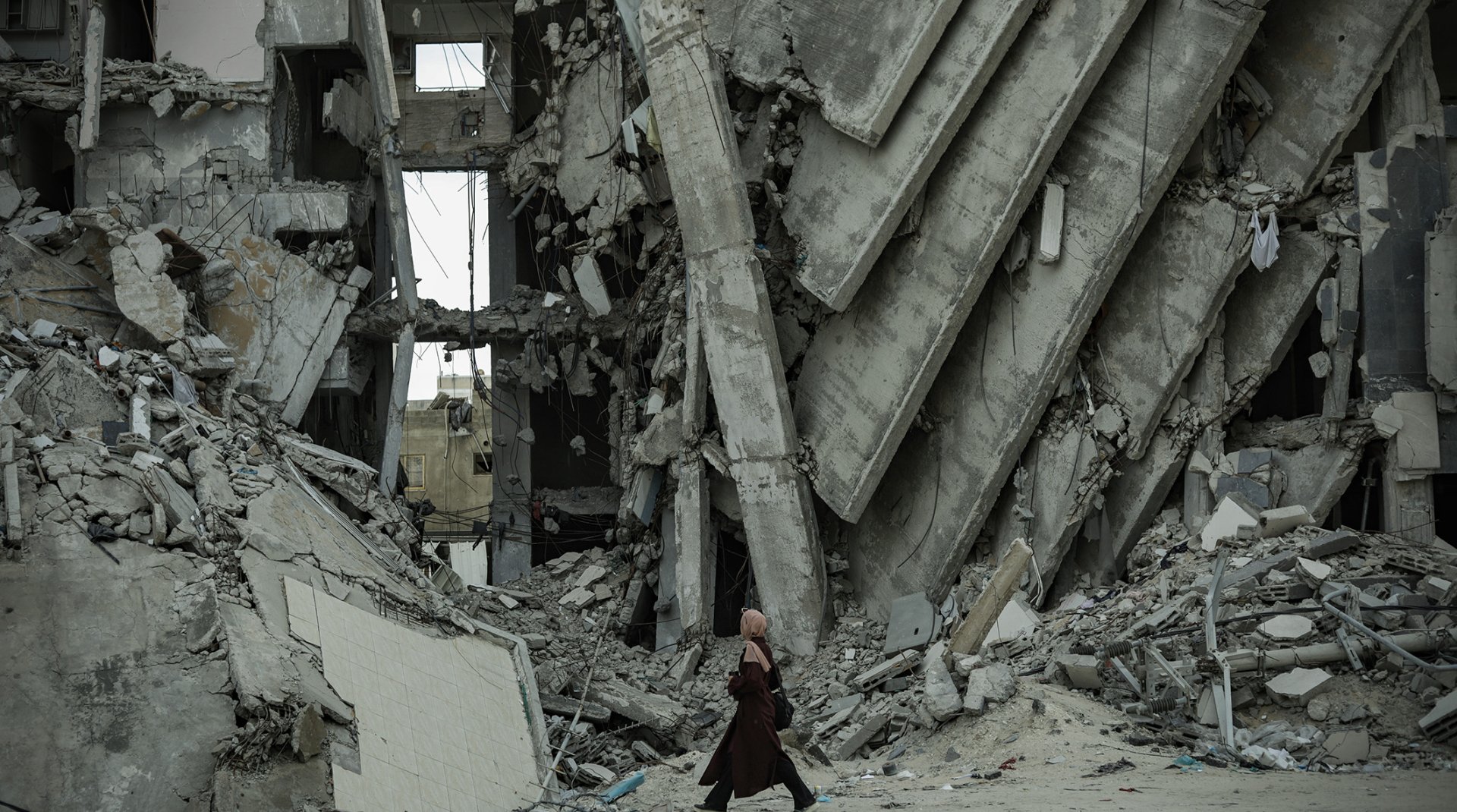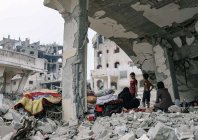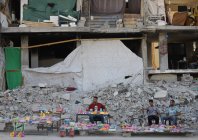Login or register for free to continue browsing
Access all this year’s exclusive online content

The eye of Gaza
Fatma Hassona
Je n’ai pas de CV / Reconnaître deux yeux / Mystérieux / Et je crois / Je n’ai pas d’histoire / Une / Claire / Pour qu’un étranger la croie. / Et il croit. / Je n’ai pas de caractéristique physique définie / Voler / En dehors de cette gravité / Et je crois. / Peut-être que j’annonce ma mort maintenant / Avant que la personne en face de moi ne charge / Son fusil de tireur d’élite / Et termine son travail. / Pour que je finisse. / Silence.
Ce sont les mots de Fatma Hassona (Fatem pour les intimes), le début d’un long poème s’intitulant « L’homme qui portait ses yeux ».
Un poème qui sent le soufre, sent la mort déjà, mais qui est plein de vie aussi, comme l’était Fatem, jusqu’à ce matin du 16 avril, avant qu’une bombe israélienne ne la fauche, elle et toute sa famille, réduisant la maison familiale en poussière.
Preview





